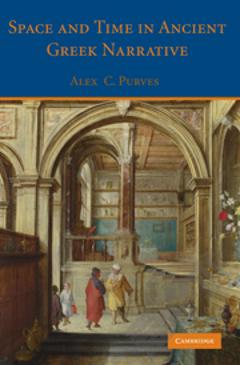Historiography and Space in Late Antiquity
The roman empire traditionally presented itself as the centre of the world, a view sustained by ancient education and conveyed in imperial literature. Historiography in particular tended to be written from an empire-centred perspective. In late antiquity, however, that attitude was challenged by the fragmentation of the empire. This book explores how a post-imperial representation of space emerges in the historiography of that period. Minds adapted slowly, long ignoring constantinople as the new capital and still finding counter-worlds at the edges of the world. Even in christian literature, often thought of as introducing a new conception of space, the empire continued to influence geographies.
{{comment.content}}








 京公网安备 11010802027623号
京公网安备 11010802027623号